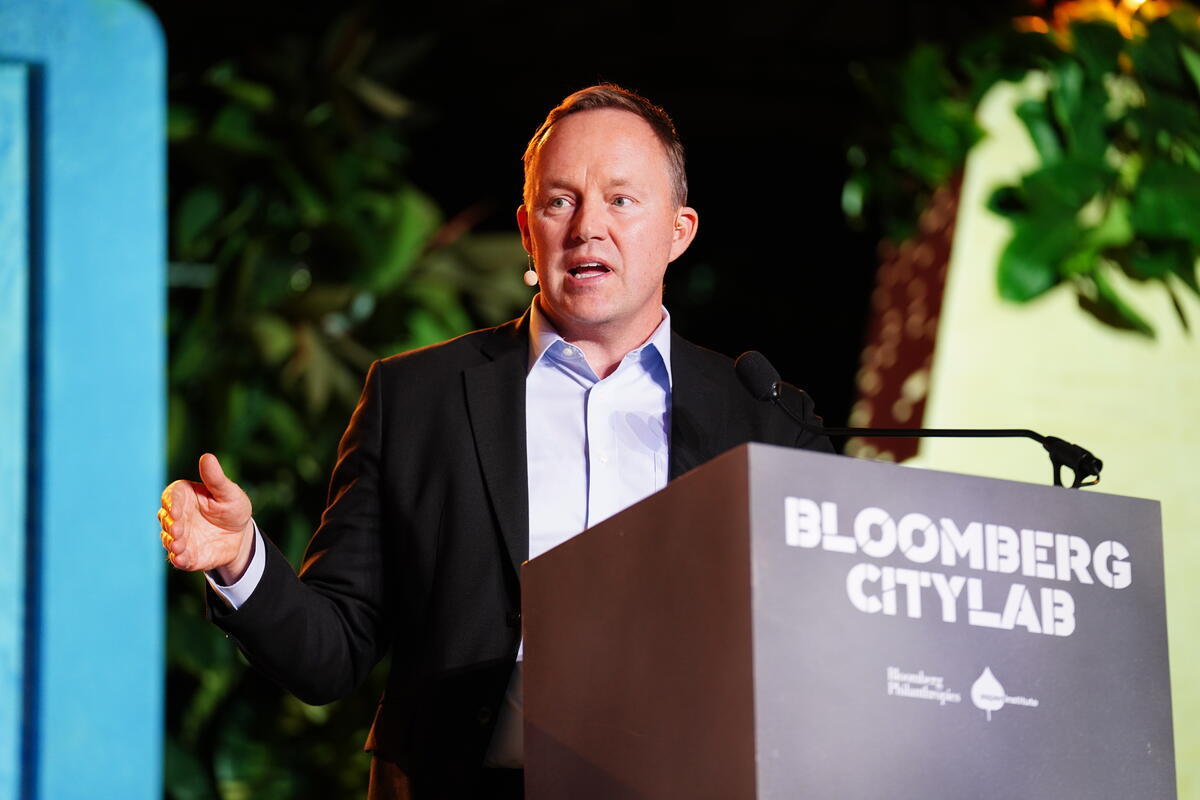
Public WiFi initiative seeks local government support
23 May 2018
by Jack Aldane
Local governments have been encouraged to apply for public WiFi infrastructure funding through a European Union initiative created to enhance the digital economy.
Named WiFi4EU, the initiative was launched in 2017 with a budget of €120 million to provide EU citizens with secure and reliable access to WiFi in public spaces. The first projects have begun and others are being assessed on a first-come, first-served basis, via online application. The programme has so far attracted more than 17,000 municipalities across the trading bloc and could reach a total of five calls for applications before 2020.
Nick Watson, Vice President of the EMEA region at Ruckus Networks, a provider of wireless WiFi that advocates local government engagement with the programme, told Cities Today: “Cities need a technology partner to work closely with them to identify and meet their connectivity needs for today and tomorrow. The challenge is selecting the correct technology to give people the experience that they will want to continue using.”
Ruckus Networks has already worked with the UK’s City of York, the German city of Kiel, and France’s western city of Angers, to improve the citizen experience through digitalised services. The City of York, which receives more than seven million visitors each year, has the largest metro fibre network in the UK, providing gigabit connections to 250 points across the city. Dr Ulf Kämpfer, the Mayor of Kiel, has said the introduction of wide-ranging WiFi infrastructure has given the city, which previously thrived as a port town, the capability to foster the growth of IT companies.
Steven Toteda, President of SKS Networks, a US provider of commercial Wi-Fi solutions, commented that the Wifi4EU initiative shows that targeted funding support from a state agency can work, adding that its model could benefit cities in the US.
“There are now discussions in the US about what is called the ‘digital divide’, and I think the EU is a very good template of what should be happening in the US,” he said.
Toteda explained that US cities, in particular smaller municipalities, depend highly on major telecommunication carriers for investment.
“If you’re in a city that has a significant population, you naturally have the demographics to get investment from the carriers, but then you have the problem of pricing, so there are portions of the population who simply don’t have access.”
Watson meanwhile warned that the proliferation of public WiFi networks could lead to the opposite of what the infrastructure seeks to achieve, namely better connectivity with which to do business and interact with cities.
He said this is largely because networks aren’t equipped to deal with the rise in data consumption as more and more devices try to connect. The result is an overlap of multiple signals, which often causes WiFi to cease functioning on an individual’s smart device.
“In their attempts to meet the demand, they are suffering from increased interference–the biggest challenge in WiFi that we set out to solve 12 years ago,” he said. “Instead of adding more application programmes, intelligent technology is needed to manipulate WiFi signals to target whoever needs it, at the moment they need it.”
Municipalities are being encouraged to consider various elements of their strategy, such as marketing public WiFi to citizens through social media channels, adhering to legal compliance and reducing conflict or disputes between internal customers and vendors.








